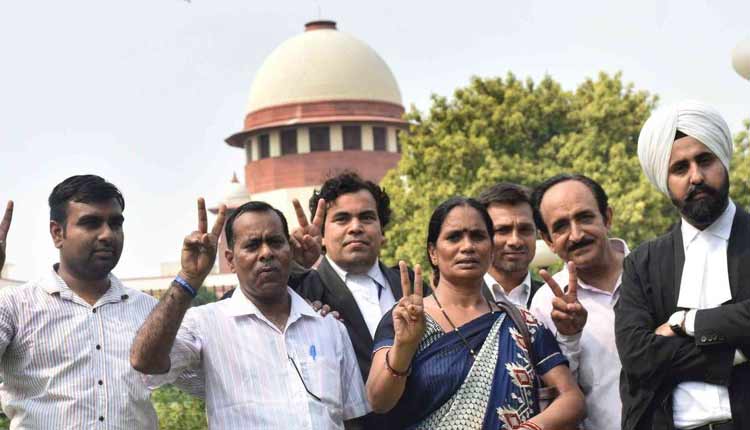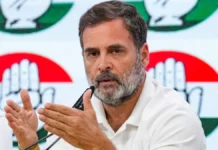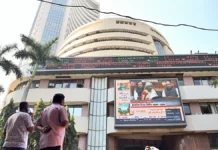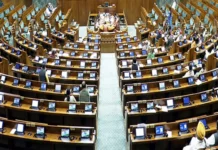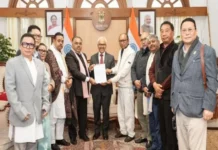NEW DELHI: The Supreme Court Wednesday dismissed the plea filed by one of the four convicts in the Nirbhaya gang rape and murder case, seeking review of its 2017 judgement upholding his death penalty. With this verdict on the plea by Akshay Kumar Singh, the review petitions of all the four death row convicts in the case stand dismissed by the top court.
The convicts are yet to file curative petition in the apex court that is the last legal recourse available to a person and it is generally considered in-chamber. On July 9 last year, the apex court had dismissed the review pleas filed by the other three convicts — Mukesh (30), Pawan Gupta (23) and Vinay Sharma (24) — in the case, saying no grounds have been made out by them for review of the 2017 verdict.
A three-judge bench, headed by Justice R Banumathi, Wednesday said there are no grounds to review the 2017 verdict and the contentions raised by Akshay were already considered by the top court in the main judgement.
The bench, also comprising justices Ashok Bhushan and A S Bopanna, said the review petition is not “re-hearing of appeal over and over again” and the top court had already considered the mitigating and aggravating circumstances while upholding the death penalty. The apex court said it found “no error” on the face of the main judgement requiring any review.
As soon as the bench pronounced the verdict, advocate A P Singh, appearing for convict Akshay, sought three weeks to file mercy petition before the President. Solicitor General Tushar Mehta, appearing for the Delhi government, told the bench that one week is prescribed under the law for filing the mercy petition. “We are not expressing our view in this regard. If as per the law any time is available to the petitioner, it is for the petitioner to avail the remedy of filing mercy petition within that stipulated time,” the bench said.
While pronouncing the judgement, the bench said the convict has again sought to assail the prosecution case and the findings of courts on it and this cannot be permitted. The bench said the grounds raised by Akshay were almost identical to the grounds taken by the other three convicts in the case whose review pleas were rejected by the top court last year.
On Singh’s submission about the alleged flaws in the investigation, the bench said, “All these things have already been well considered by the trial court, High Court and the Supreme Court.”
Singh questioned the probe conducted in the case and told the bench it was “flawed and unreliable”. “Can you challenge the investigation after whole trial is over,” the bench asked. Singh then questioned the procedure of arresting and test identification parade (TIP) conducted in the case and said “there was public, media and political pressure to falsely implicate the accused”.
“Media pressure is still there,” he said and referred to the recent Telengana encounter where four accused in a gang rape and murder case were killed in an alleged fake encounter by the police.
Nirbhaya’s parents were also present in the courtroom during the hearing. Singh referred to a sting operation of 2019 and alleged that complainant in the Nirbhaya case, who is the sole eye-witness of the incident, had taken lakhs of rupees for giving statements to various media channels when the trial in the case was going at a Saket district court here.
He also referred to a recent book and claimed that a former officer of Tihar jail had said that death of accused Ram Singh, who had committed suicide in Tihar jail, was suspicious and TIP proceedings in the case were flawed.
“This evidence was not there during the trial. TIP was challenged in the trial and special leave petition and it has already been decided,” the bench said. “Criminal trial is based on the evidence which is brought before the court. We cannot go by what some writer writes in his book. It is a very dangerous trend if somebody write books and says these things after the trial is over,” the bench said.
Singh then questioned the “hurry” with which Delhi government was moving to execute the Nirbhaya case convicts and said that death row convicts in other heinous crimes were not sought to be executed. He then referred to air and water pollution in Delhi-NCR and said when age of citizens was already decreasing due to these factors then “why award death penalty”.
Mehta opposed the review plea and said that trial court, high court and the apex court had already given its verdicts in the case and awarded them death penalty. “There is specific evidence against the accused and all these were considered by the trial court, high court and the Supreme Court,” he said. Mehta said that forensic and DNA evidence conclusively established Akshay’s involvement in the heinous crime.
Referring to the apex court’s 2017 judgement and the verdict dismissing the review pleas filed by the three other convicts in the case, Mehta said, “The Supreme Court has said that it is a fit case to award death sentence as it is rarest of rare case.”
The 23-year-old paramedic student was gang raped and brutally assaulted on the intervening night of December 16-17, 2012 inside a moving bus in south Delhi by six persons before being thrown out on the road.
She died on December 29, 2012 at Mount Elizabeth Hospital in Singapore. One of the six accused in the case, Ram Singh, allegedly committed suicide in the Tihar Jail here.
A juvenile was convicted by a juvenile justice board and was released from a reformation home after serving a three-year term. PTI

